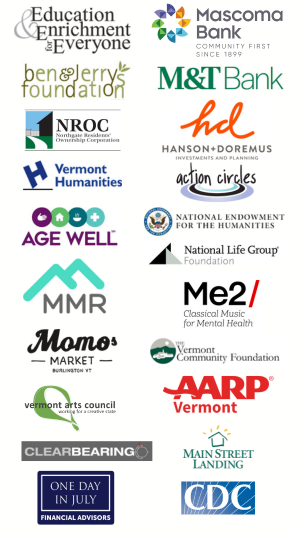In Iceland, teenage smoking, drinking, and drug use have been radically reduced in the past 20 years. Today, kids all across the nation are involved in sports, arts, music, and other activities every afternoon. Family relationships are stronger, and youth voice and engagement are on the rise. The way the country has achieved this turnaround has been evidence-based, with a community-based, bottom-up approach designed to deter adolescent substance use and to promote healthy, happy, and engaged young people. Starting as an Icelandic prevention program and now heading into a new phase as Planet Youth, 28 countries across the globe are using this positive youth development model in their own communities.
Joining us this evening are two experts on the Icelandic model: Dr. Humberto Soriano, an American-trained pediatrician from Chile, and Dr. Mike Mann, an Associate Professor from Boise State University with many years of experience implementing the Iceland approach in a wide variety of locales and communities.
The joint talk gives an overview of the Iceland approach highlighting the measurable outcomes that Iceland has seen for their youth. They provide background on the approach and focus on how other communities, states, and countries can make similar principles work by mobilizing local societies and creating circumstances that can influence the lives of adolescents in a positive way.
More Information:
Dr. Michael Mann is an associate professor at Boise State University and a community intervention specialist for the Icelandic Centre for Social Research and Analysis who has worked to implement the model in West Virginia. His work emphasizes systems approaches to preventing substance abuse, supporting the development of the whole child, and promoting academic and life success.
Dr. Humberto Soriano is an American-trained pediatrician, gastroenterologist, hepatologist, and nutritionist in Chile who has studied the model closely. Under his leadership as the President of the Chilean Society of Pediatrics, Chile has decided to implement Iceland’s evidence-based drug abuse prevention model in various cities and municipalities over the next two years.



